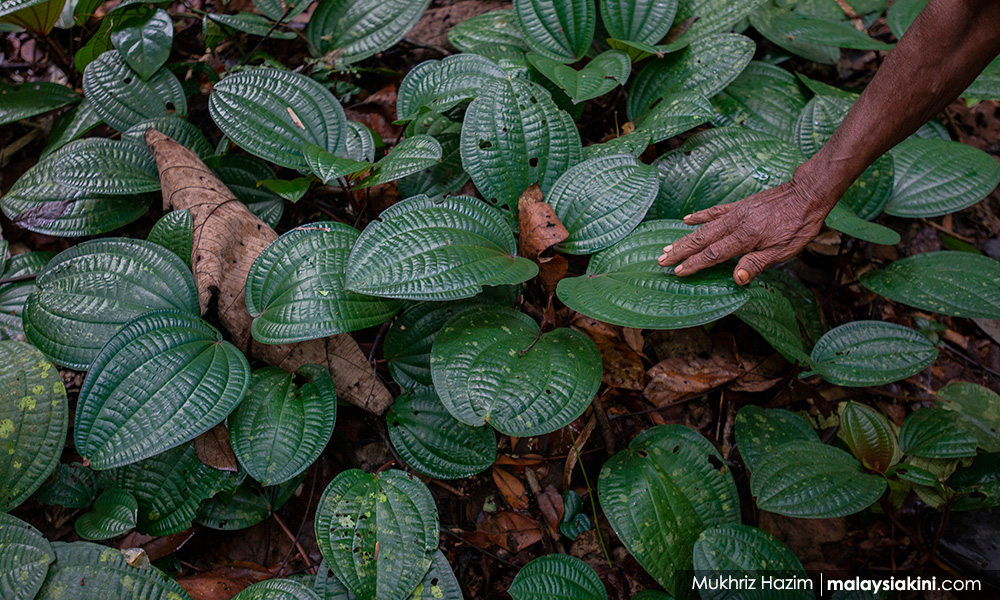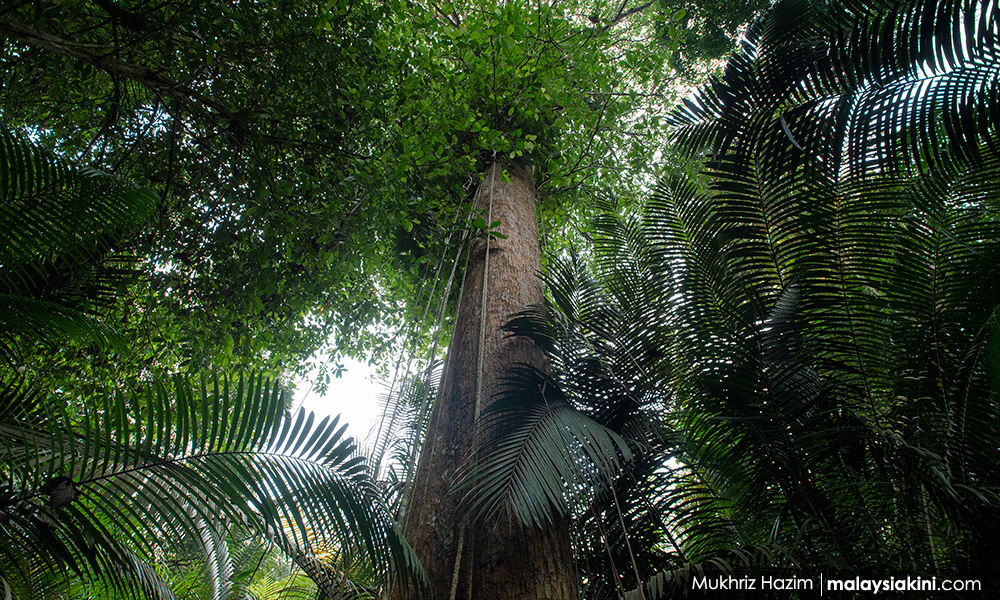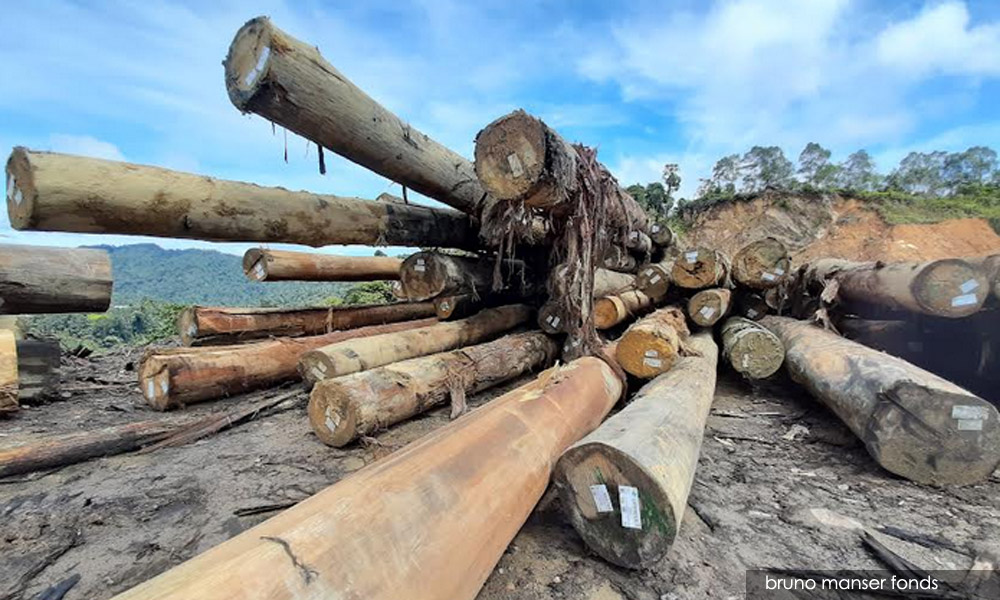Malaysia and Indonesia are geared up for a two-day joint mission to Brussels over recent developments in the European Union (EU), particularly the EU Deforestation Regulation (EUDR) that is negatively impacting the oil palm industry.
Besides the two countries, Honduras has also given its commitment to join the mission beginning May 30, according to Deputy Prime Minister Fadillah Yusof.
“The mission is to seek engagement with the European Commission because, despite all the initiatives that have been taken by Malaysia and Indonesia to take care of the environment, the oil palm industry is still facing challenges imposed by the EU,” Fadillah (above) told reporters after chairing the Council of Palm Oil Producing Countries’ (CPOPC) 11th Ministerial Meeting in Kuala Lumpur yesterday.
The plantation and commodities minister also stressed that the world's two largest palm oil producers have been complying with all the good practices on par with world standards.
“We want to send a strong message that palm oil has actually contributed a lot, particularly in compliance with the United Nations’ Sustainable Development Goals - that is, to address the poverty issue, which is something that we have achieved.
“Whatever action taken by the EU without negotiation and without engaging with us will definitely impact the smallholders,” Fadillah said.

The mission will also look at other proposed legislations being deliberated by the EU, such as the Forced Labour Regulation, Green Claims Directive, and Renewable Energy Directive II, that require the attention of stakeholders in the oil palm industry.
For the Malaysian market, the EU accounts for 9.4 percent of Malaysia’s export volume or 1.47 million tonnes of palm oil.
“It is a significant number with some companies having established refineries in Europe. Thus the EUDR, which can be considered as a trade barrier, will directly impact operations and businesses in the long run,” Fadillah said.
Both Malaysia and Indonesia hope that the EU would recognise the Malaysian Sustainable Palm Oil and Indonesian Sustainable Palm Oil standards, he added.
Indonesian Coordinating Minister for Economic Affairs Airlangga Hartarto, who was also present, said: “You (the EU) cannot impose your standard and say that your standard is superior to others.”
He added that palm oil has proven to be one of the solutions for ensuring food security, especially with the geopolitical conflict in Europe - the Russia-Ukraine war - as the commodity provides an alternative in the food supply chain.

Meanwhile, Fadillah said the CPOPC may look into the possibility of collaborating with the private sector to invest in developing technologies that are helpful for smallholders, especially in reducing production cost and increasing income levels.
He said smallholders play a significant role in the palm oil industry, and in Malaysia alone, there are about 450,000 smallholders, so the government needs to ensure their livelihood is protected.
“Smallholders account for about 40 percent of global palm oil production. Hence, it is our duty not only to protect them but also to empower smallholders with the right knowledge and tools,” he said.

Fadillah said the Plantation and Commodities Ministry expects crude palm oil (CPO) futures to remain strong for the remainder of the year, noting that CPO is trading at a good price and demand for palm oil is expected to grow.
Today is the last day of the two-day 25th Senior Officials Meeting (SOM25) and 11th Ministerial Meeting of the CPOPC held in Kuala Lumpur. Malaysia holds the CPOPC chairmanship for 2023.
The officials at SOM25 looked at the progress of the council’s main programmes, including positive palm oil campaigns, the Global Framework of Principles for Sustainable Palm Oil, the progress of the CPOPC Scientific Committee’s studies, Smallholders Development Programme, and CPOPC administrative matters such as budget and work plan for 2023 as well as council membership.
CPOPC is an inter-governmental organisation established by Malaysia and Indonesia on Nov 21, 2015, to promote, develop and strengthen palm cultivation and industry cooperation among palm oil-producing countries.
- Bernama




No comments:
Post a Comment
Note: Only a member of this blog may post a comment.